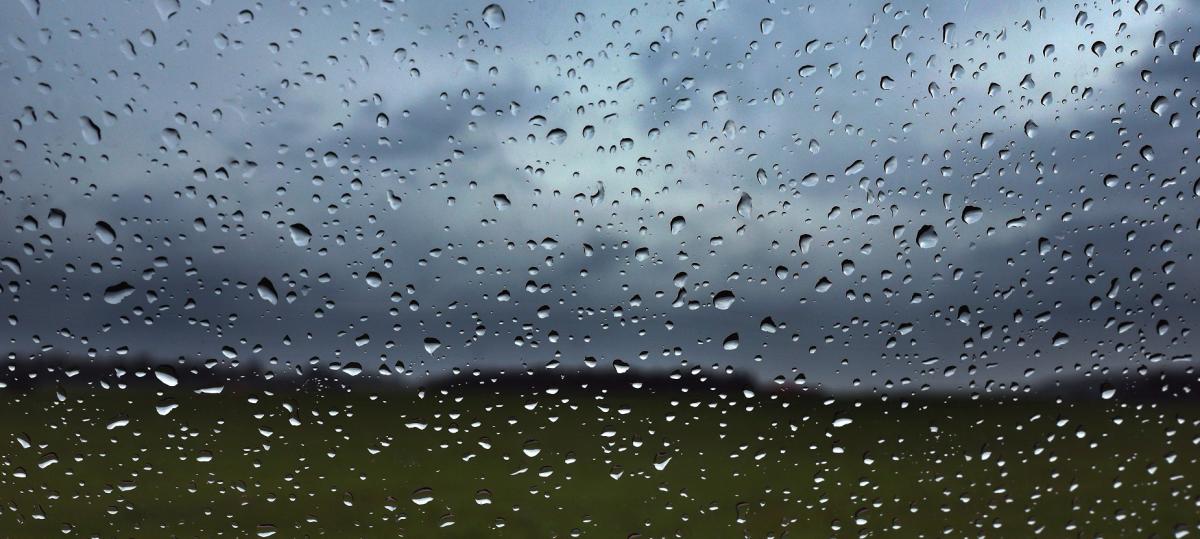Shocking discovery – we didn’t know this about these organisms
- Scientists have identified a new electrothe -leading bacterium called Ca. Electrothrix yaqonensis found in Oregon swamps
- This bacterium is capable of long -term electrical transmission that can be useful in bioelectronic technologies and environmental remediation
- The new species is characterized
- The name of the bacterium was received from the natives of Yaquina Bay, the Yaqona People, honoring their geographical and cultural heritage
- The current discovery provides a new insight into the evolution and operation of bacteria
The newly identified bacterium, found in the swamps of the Oregon coast, was called Candidatus Electrothrix Yaqonensis. The name was born in honor of the natives of the region of the discovery. The results of the Applied and Environmental Microbiology magazine.
Unique qualities and evolutionary significance
The discovery was made by Cheng Li, then post doctoral researcher at Oregon State University (OSU), and Clare Reimers, a renowned professor at the OSU College of Earth, Ocean and atmosphere. The team isolated the bacterium from tidal sediment patterns collected from the mouth of the Bay of Yaquina- Write the scitechdaily.
The cable bacteria consist of rod -shaped cells that are connected to each other with a common external membrane and form several centimeters of yarns. Unusual between bacteria their electrical conductivity An adaptation that optimizes their metabolic processes in the sedimentary environment they live.
The new species has metabolic pathways and genes that are mixtures of the characteristics of the Ca. Electrothrix genus and the other known cable bacterial genus, Ca. Electronema.
That’s the surprise! Scientists have found the Earth’s secret, underground power grid
“It seems that this new species is a bridge, an early branch to the Ca. Electrothrix Klad (a single common ancestor and all its descendants), suggesting that it can provide a new insight into how these bacteria developed and How can they work in different environments. In terms of metabolic potential, it stands out from all other cable bacterial species described and has a characteristic structural properties, including three times wider surface grooves that are observed in other species, featuring unique fibers consisting of unique nickel -based molecules, ”said LI.
The fibers allow the bacterium to carry out electrons for long distances, connecting the electrons on the surface of the sediment, such as oxygen or nitrate, with donors in deeper sediment layers than sulfide. The ability of a bacterium to participate in reduction oxidation reactions over significant distances is a key role in sediment geochemistry and nutrient circulation.
Where did the bacterium name your name?
“These bacteria can pass electrons to the to remove pollutantsso they can be used to remove harmful substances from sediments. In addition, their high -level nickel -protein structure may inspire new bioelectronics, ”says Li.
Cable bacteria can live in a variety of climatic conditions and are found in various environments, including freshwater and salt water sediments. Ca. Electrothrix Yaqonensis was named after the Yaqona people, whose ancient lands covered the Yaquina bay. Yaqona referred to the bay and the river, which made most of their native homeland, as well as the people themselves.
Yaqona descendants today are members of the Siletz Indians, with whom researchers worked together to invent the name of the new species. « The name of an ecologically important bacterium from an tribe recognizes its historical attachment to the Earth and recognizes its lasting contribution to ecological knowledge and sustainability, » Li said According to the Scitechdaily.





